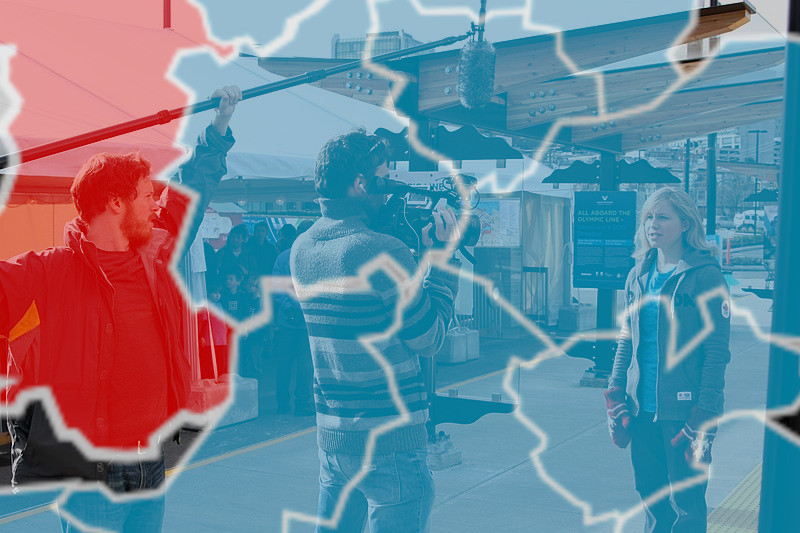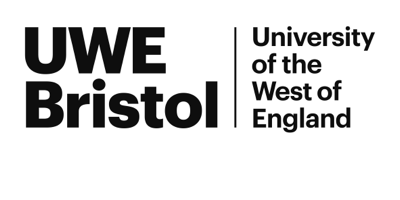This faculty-funded research project led by Amy Genders as Principal Investigator and Andrew Spicer as Co-investigator explores the growing political, economic and cultural interest – and an increasing body of academic research – in the development of regional film and television production (screen production) in the UK and northern Europe. Although tensions between media concentration in capital cities and regions has a long history, the issues have become more urgent and wide-ranging over the past decade. The much-publicised move ‘out of London’ by UK Public Service Broadcasters (PSBs), is only one, highly visible, manifestation of a broader decentralisation designed to reconfigure the relationship between ‘centre’ and ‘periphery’ in national screen economies. Increased resources are being directed into regional screen production aimed at fostering regional talent development and capacity-building in order to strengthen local economies and identities and to produce a more diverse and sustainable industry that supports a range of voices.
Across Europe there exists a diversity of strategies and a range of agencies by which this process is being pursued. Through comparative research, discussion and knowledge exchange, this research project will develop a cross-national network to analyse those strategies, identifying what are the shared approaches and how they might be channeled most effectively. Through workshop-based discussions, the project will generate both policy recommendations in the form of a sector-focused report, and academic journal articles furthering the field of Regional Screen Industries.
The Screen Industries research team are working alongside international partners Professor Ruth Barton, Trinity College, Dublin; Professor Audun Engelstad, Inland Norway University of Applied Sciences; Dr Kim Toft Hansen, Aalborg University; Dr Stine Sand, The Arctic University of Norway, Tromso and Professor Anne Marit Waade, Aarhus University.
Amy Genders and Andrew Spicer are presenting a panel at the ECREA conference in Aarhus, Denmark, 19-22 October 2022, entitled The Politics of Place: Location and Labour in Regional Screen Industries.
The importance of place in the media industries has been widely debated. The Harvard economist Michael Porter claimed that ‘clusters’ – which he defined as ‘geographical agglomerations of firms that collaborate and compete with each other’ – provide ‘enduring competitive advantages in a global economy’ through local knowledges and relationships ‘that distant rivals cannot match’ (1998: 78). Porter’s work has been the subject of significant critique for underestimating the importance of long-term cultural traditions. Allen J. Scott in his seminal The Cultural Economy of Cities (2000), argues that place has a particular significance for creative production because of the ways in which locality and culture are intertwined. Places leave ‘deep traces on the form and cognitive meanings’ of creative products emerging from ‘localized systems of industrial activity’. These ‘symbolic and sentimental assets’ derive from the ‘distinctive historical associations and landmarks’ that make each particular place unique (2002: 3). Places are also always both actual locations and cultural constructions – what Benedict Anderson terms ‘imagined communities’ (1983: 15). However unique, places are also highly interconnected as the result of globalisation: the international flow of people, knowledge, expertise and finance that structure the media industries (Flew, Global Creative Industries, 2013).
The panel consists of five interconnected studies – all based on extensive primary research – of regional media production and representation in three European countries: Ireland, Norway and the UK. Each paper engages in different ways with what we have termed the ‘politics of place’: examining the economic but also broader cultural, historical and political role of locality in an era of the increasing internationalisation of media production. All the panels members are part of an ongoing Regional Production Research Network.
Three papers focus on the interaction between public service broadcasters (PSBs) and place. The first discusses the tensions and contradictions of the Norwegian state-owned broadcaster NRK in providing specific programmes for the Sámi region – which stretches across four different nations – at the same time as promoting an all-embracing Norwegian-ness. The second explores the efforts of one UK PSB, Channel 4, to become more inclusive by relocating out of London and engaging with regional economies and independent companies in Leeds, Bristol and Glasgow, while, at the same time, producing programmes, particularly returning series, that can succeed internationally. The third analyses how TG4, a specialist PSB that broadcasts programmes in Irish Gaelic, contributes to the west of Ireland’s economy and the plurality of Irish culture. A fourth paper investigates the very different place-politics of two global streaming platforms HBO and Netflix, which regard the whole of Scandinavia as a single region and yet produce programmes that have a very specific localness. The final paper concentrates in particular on the politics of labour, analysing the place-making function of freelancers working across two geographically proximate but politically divided UK cities: Bristol and Cardiff.
An upcoming workshop will develop a proposal to establish a journal dedicated to research about regional screen industries globally.



